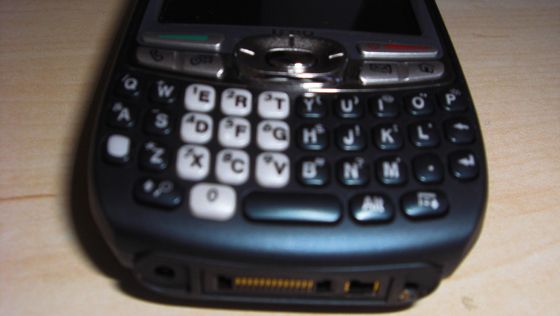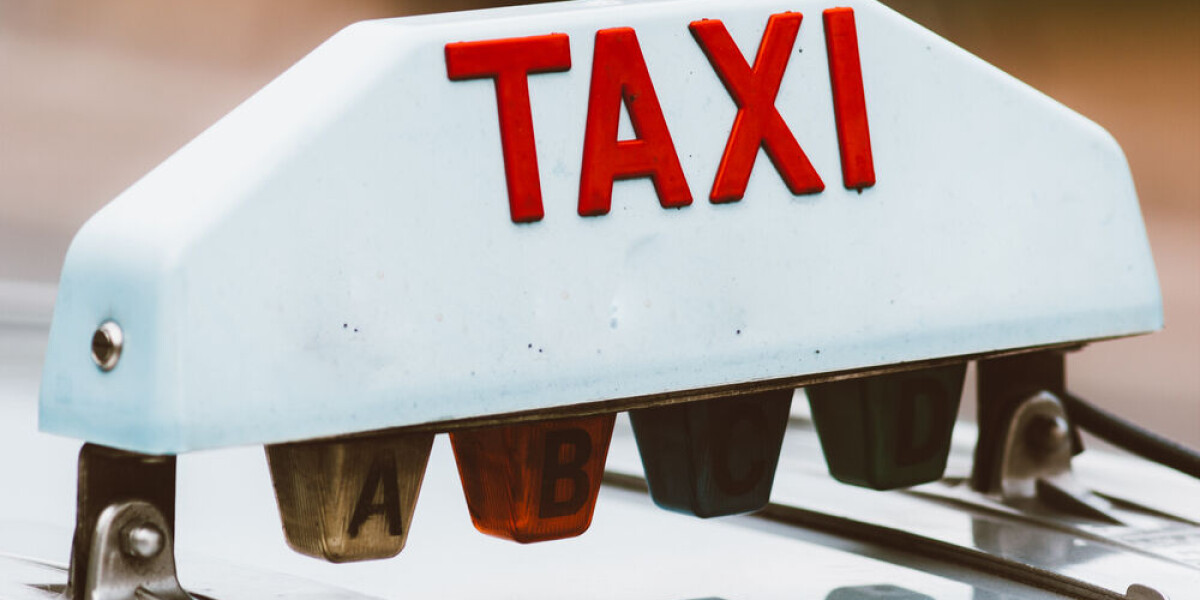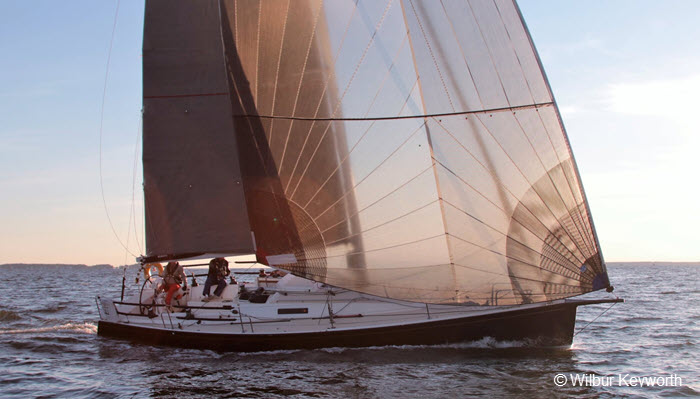
- Select a language for the TTS:
- UK English Female
- UK English Male
- US English Female
- US English Male
- Australian Female
- Australian Male
- Language selected: (auto detect) - EN
Play all audios:
Minsk is nearer to Moscow than London is to Inverness. Belarus is bound to be of cardinal importance to whoever rules the Kremlin. The fate of its despised President, Alexander Lukashenko,
does not matter much to Vladimir Putin. Dictators are dispensable. But the transformation of the buffer state between Russia and the West into a democracy matters very much indeed. Democracy
is still the most revolutionary political idea ever conceived. In the ancient world, it was seen as too dangerous. Combined with the Judaeo-Christian idea that man is created in the image
of God and we are all equal in His sight, democracy is dynamite. Its triumph across the Continent is less than a century old and it has yet to take root in Europe’s Orthodox regions: the
division of Ukraine between East and West marks the approximate limit. Belarus has the misfortune to lie on the wrong side of democracy’s frontier. Though this thinly populated land — think
of Britain but with fewer inhabitants than Sweden — is surrounded on three fronts by Western democracies, it is the eastern border with Russia that matters most. Russians are paranoid about
invasion from the West, but after Napoleon, Hindenburg and Hitler, they have some justification. It took the Wehrmacht just three weeks to conquer what is now Belarus, before its panzer
divisions were diverted south, enabling Stalin to improvise the defence of Moscow. During the Cold War, Belarus was the site of numerous Soviet military installations, including nuclear
missiles. Since then, it has also become a transit area for vital oil and gas pipelines to the West. Under Lukashenko, it has remained poor, a kind of Soviet era time capsule. There, the
secret police still call themselves the KGB. But the strategic value of Belarus to the Russians now far outweighs its economic significance. Today, it takes just eight hours to drive on the
M1 motorway from Minsk to the Russian capital. The border has been closed since March, due to the Covid-19 crisis, but normally there are no physical barriers between Belarus and Russia. Nor
are there major cultural, linguistic or religious differences. Both belong to the Eurasian Union, the trading bloc that marks the Russian sphere of influence. In 1999 a treaty was signed
between Russia and Belarus to form the “Union State”, which guarantees freedom of movement and residence between the two peoples. All this window dressing, however, cannot disguise the fear
inside the Kremlin that its last rampart may be about to be breached. Putin has never forgiven Gorbachev and Yeltsin for losing the Baltic states and Ukraine. He cannot tolerate another
democracy so close to home. In his eyes, this would be like allowing Nato to park its tanks on his lawn. The revolutionary factor this time, as so often, has been democracy. Even a rigged
election can be a catalyst. Lukashenko’s inept attempt to fix the election on August 9, when he was challenged by the popular young activist, Svetlana Tikhanovskaya, has left his credibility
in tatters. The President claims to have received 80 per cent of the votes, compared to her 10 per cent. Most voters believe that the numbers should be reversed. Brutality and torture by
security forces have failed to quell a growing demonstration of people power on the streets. This week he sought to shore up his regime with a public appearance at a tractor plant in Minsk,
but it ended in disaster. The workers booed and heckled the enraged dictator, who snarled: “Until you kill me, there will be no other elections.” One worker responded: “Shoot yourself,
Officer!” These scenes were shown on the normally subservient state television — surely not by accident. The loyalty of police, troops and henchmen with a lot to lose is being tested. The
question on everyone’s lips is: has Lukashenko just had his Ceaucescu moment? The Romanian tyrant passed the point of no return in December 1989 when he was jeered by crowds. Days later
there was a coup by other members of the party; he and his wife were shot by firing squad. The last days of Lukashenko may become much bloodier, but there is still a chance of a peaceful
outcome. Writing in the_ Times _today, the former Moscow ambassador Sir Tony Brenton argues that the West “should be talking quietly to the Russians” about offering exile to the disgraced
despot and a rerun of the election. But this is to legitimise the Russian claim to be the arbiter of Belarussian politics. And it is to presume upon Putin’s readiness to invite those he sees
as Russia’s enemies into his own back yard. The Russian President would see any offer by, say, the EU to broker a deal in Belarus as a power grab — a repetition of what happened in Ukraine
in 2013-14. Now Ukraine is led by Volodymyr Zelensky, a pro-Western Jewish intellectual who regards Putin as an enemy, supports Ukrainian membership of Nato and the EU, and has avoided the
corruption of his predecessors. Western democracy has been more than a match for Russian diplomacy. If the West is seen to meddle In Minsk, Putin will have his pretext to intervene. The EU
would not be able and the US would not be willing to stop him militarily. Better to let events there take their course, while letting the people of Belarus know that they are not alone. If
Mrs Tikhanovskaya emerges as the “national leader” during a transition to new elections, she deserves our support. If Putin wants to talk, the door is open. But the West should not rush in
where angels fear to tread. We should tell Putin to let democracy do its work. The only thing that can save Belarus, indeed, is democracy. That, and that alone, is what Vladimir Putin
dreads.









